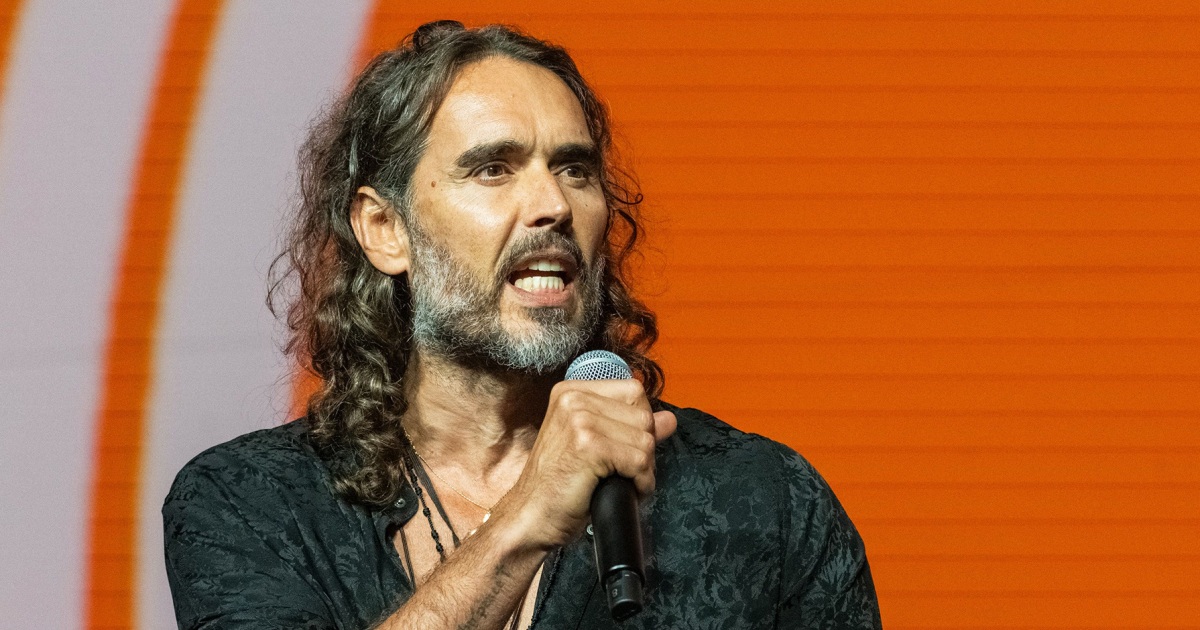US Commerce Secretary Howard Lutnick on Sunday defended the inclusion of the remote Heard and McDonald Islands in President Donald Trump’s sweeping new tariff plan, despite the islands having no human population or trade with the U.S.
Trump’s broad tariff sweep includes islands where only penguins live
Last week, President Trump unveiled a sweeping tariff regime that includes a 10% baseline tariff on all countries and reciprocal duties aimed at reducing the US trade deficit with about 60 nations. But observers noticed that the White House’s public tariff list also included the Heard and McDonald Islands—a barren Australian territory in the southern Indian Ocean, best known for its penguin population and complete lack of inhabitants or exports.
CBS grills Lutnick over “Penguin tariffs”
During an interview with CBS News, Lutnick was asked point-blank why uninhabited islands with no trade activity are being targeted.
“Why are the Heard and McDonald Islands, which don’t export to the United States and are quite literally inhabited by penguins, why do they face a 10% tariff? Did you use AI to generate this?” asked the CBS anchor.
Lutnick firmly denied the use of artificial intelligence in drafting the tariff list, responding:
“No. No, the idea—look, the idea is that there are no countries left off.”
Leaving no loopholes for trade cheaters, says Lutnick
Lutnick argued that leaving any territory off the list would open the door to trade manipulation by other countries, especially China.
“If you leave anything off the list, the countries that try to basically arbitrage America go through those countries to us,” he said.
He cited prior attempts by countries to circumvent US tariffs by rerouting exports through third countries.
“The President knows that, he’s tired of it, and he’s going to fix that,” Lutnick added.
CBS pressed the secretary on the plausibility of routing goods through desolate, icy islands in the sub-Antarctic.
“Through the Heard Islands?” the anchor asked.
But Lutnick held firm: “These ridiculous loopholes. And now what he’s trying to say is, I’m going to fix the trade deficit of the United States of America. It’s a national security issue.”
“Build America in America”
Lutnick ended with a broader message about self-reliance and economic patriotism.
“We need to make medicine. We need to make semiconductors. We need to make ships. We need to have steel and aluminum. Come on, we need the greatness of America to actually be built in America,” he said.
“He’s tired of getting ripped off by the rest of the world.”








